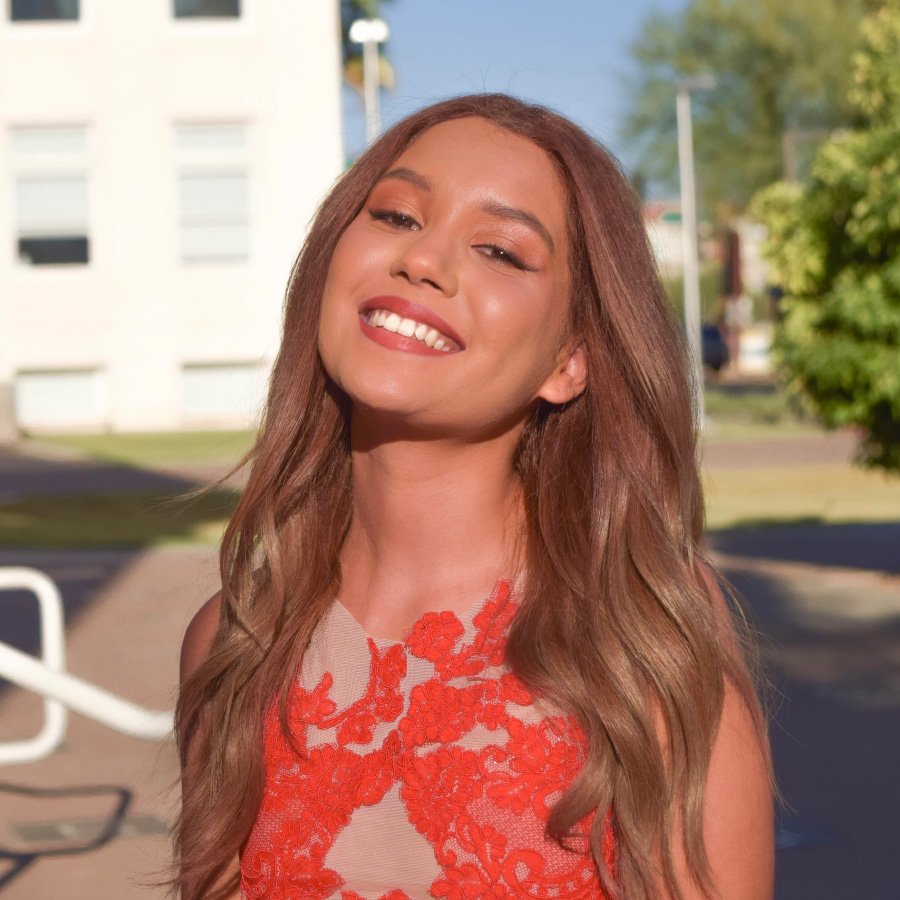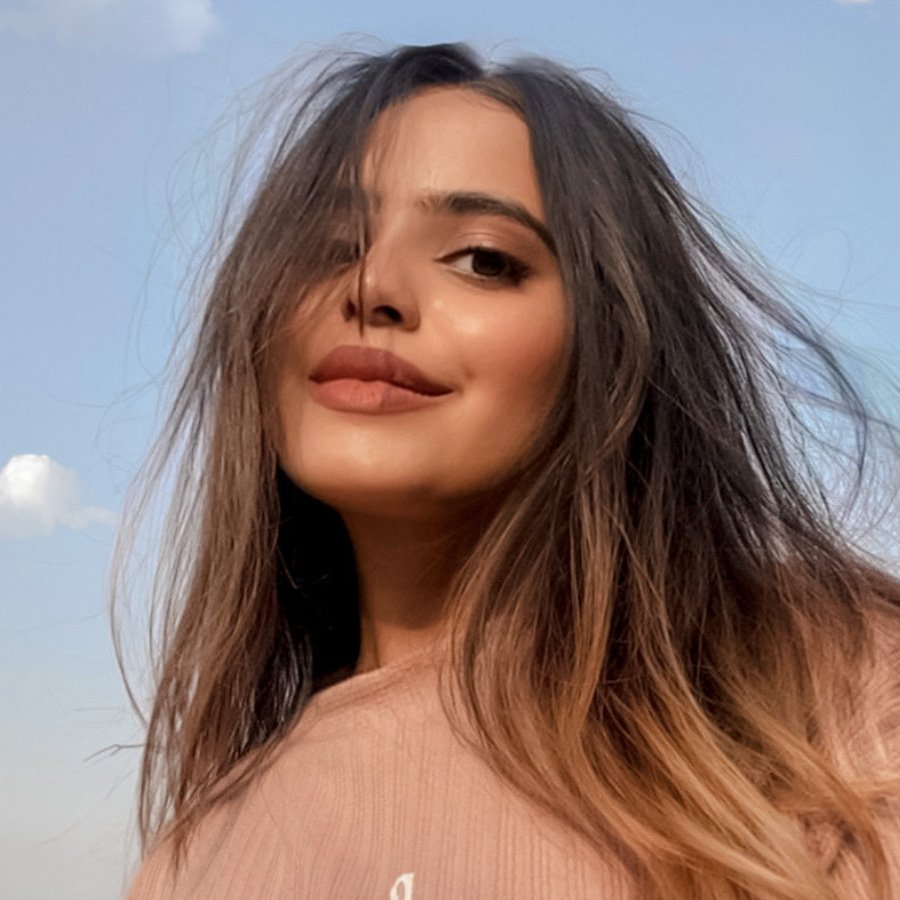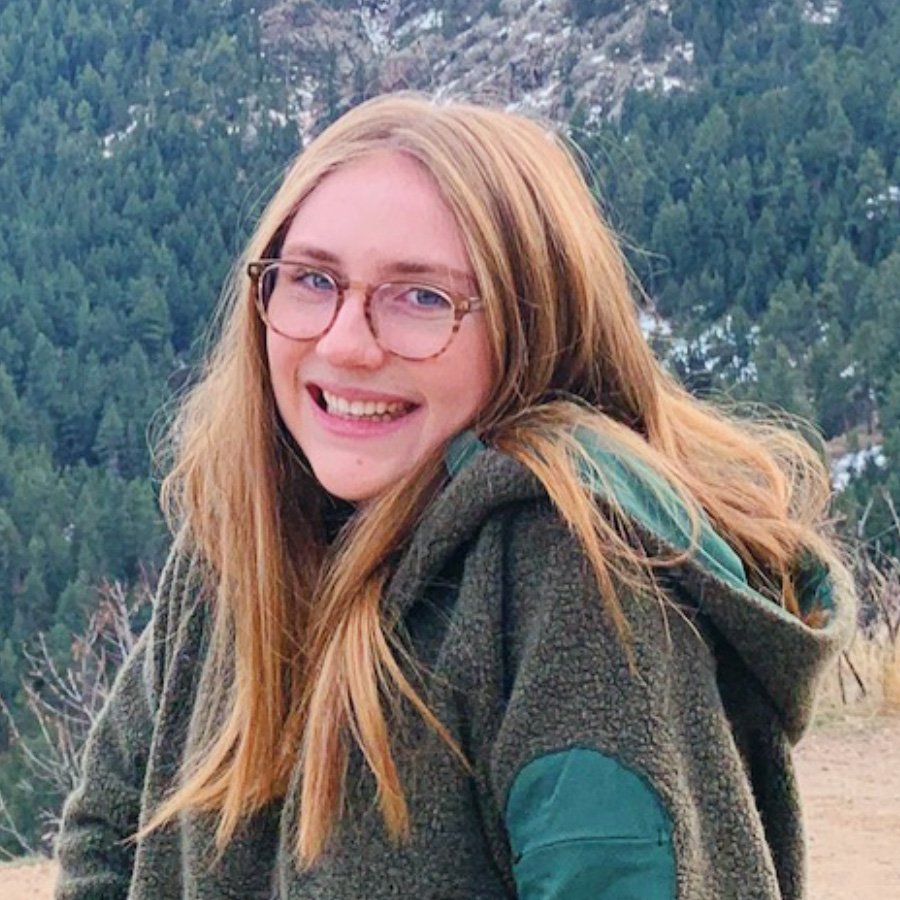This summer has been an exciting time for GenHR as we continue to meet the challenges of the pandemic. As you know, GenHR rises to the occasion when tragedy strikes, and the pandemic has been the most complex challenge we have taken on as educators to date. To meet this time, in 2020, we partnered with Human Rights Education Associates (HREA) to create our multimedia based curriculum on the pandemic called unMASKing: The Pandemic Curriculum Project. GenHR and HREA continue to offer free workshops to educators around the world to support them as they implement the unMASKing lessons into their in-person and virtual classrooms.
The virtual nature of our lives these days has allowed us to grow our Fellows Program and High School Internship on a global scale. Our fellows hail from France, India, Poland, Puerto Rico, Turkey, and the US and have brought an incredible amount of energy and excitement to our work. In this newsletter you will read about the exciting projects on which they have worked over the summer, from investigating peace after wars, to exploring the stories of indigenous youth activists, to researching pandemics and climate change and beyond!
As always, GenHR works to fill the gaps in these difficult times with human rights education and resiliency programs for educators and youth worldwide. We are particularly proud of the work we’ve accomplished since March 2020 and are eager to share it with you!
UnMasking. The Pandemic Curriculum
Let’s explore, share, and connect! The COVID-19 pandemic has left us all trapped in our masks, but it has also unmasked so many human rights violations taking place all across the globe. Our free and open-sourced curriculum, unMASKing: The Pandemic Curriculum, is a way to bring educators and students together from around the world to better understand and work to end ongoing human rights issues. Created by Generation Human Rights and Human Rights Education Associates, unMASKing is more than just academic lessons— it’s a resiliency program that aims to empower students to break free from the isolation of COVID-19, reflect on their own life experiences, make tangible connections to their peers around the world, and create ways to be actively involved in their local communities..
UnMASKing: The Pandemic Curriculum is intended for educators and students alike. Connecting students around the world through a story map, photography, the creation of action plans, media source evaluation, and much more, unMASKing is organized into four modules: Understanding the Pandemic and Human Rights, Sharing Stories, Media Sources, and Taking Action.
“I saw this as an opportunity for the kids to be able to have our type of community service learning in the form of fun activities…I also like how it is a very disciplined curriculum and helpful for a topic that is so relevant at this point…I would like to have this type of program continue for my school because it gives so many opportunities to have that type of exposure like and I enjoy.”
-Beatriz Valencia Riano, School Coordinator, New Mexico, USA
“I know how important the unMASKing curriculum is at this moment in time. As teens, we are rarely afforded opportunities to learn about the role of human rights in our lives and experiences. Through artististic expression and community-building, the unMASKing curriculum allows us to analyze how COVID-19 has affected our communities and ourselves. It inspires me to discover the intersection of three topics - the pandemic, human rights, and youth engagement - that are so vital yet underrepresented in today’s discourse.”
-Uma Menon, Student, USA
“We are trying to raise our children to be more aware that with great power comes great responsibility, as well as it just being a great opportunity for them to have self-reflection and process how the pandemic personally affected them.”
- Angela Lynch, Parent
Find the lesson plans here- http://www.generationhumanrights.org/pandemic-curriculum
Imagine: Reflections on Peace
Generation Human Rights has partnered with the VII Foundation to bring a youth voice to their project, Imagine: Reflections on Peace. Imagine is a book and multimedia exhibit that explore the conditions and consequences of peace in post-conflict societies a decade after their wars. The project pursues answers to the question “What is peace after war?”
Imagine’s contributors are journalists who returned to the countries they covered during their wartime experiences and investigated the conditions and consequences of the peace that ended the conflicts. The countries covered in the project include Bosnia, Cambodia, Colombia, Lebanon, Northern Ireland, and Rwanda. The book and exhibit reveal first person accounts of survival and the search for inner peace. Questions explored include: What happens after a war? What is peace, really?
GenHR summer 2021 fellows Andrea and Szymon are bringing the youth voice to Imagine. They are conducting interviews with the writers and photographers who contributed to Imagine. Most importantly to GenHR, Andrew and Szymon are leading interviews with youth from the countries covered in the project to explore with them what peace looks like now, what it’s like to grow up in a country in the aftermath of war, and how does the aftermath of war affect those generations born following the war.The interviews will be incorporated into the Imagine exhibit, as well as into a multimedia-based open source curriculum that will be available to educators around the world. Stay tuned for updates!
The Youth Changemaker Project
The majority of our audience comprises educators and donors. So when our high school interns in the summer of 2020 wanted to start gathering and promoting the stories of youth activists, we loved the idea!
The Youth Changemaker Project, created and run by youth, highlights youth efforts and contributions to making the world a better place in which to live. The mission aims to bring attention to the voices of young peacemakers and human rights activists making change in their local community or on a broader scale. All 13-22 year-old youth leaders, activists, and advocates are eligible. This project seeks young leaders and aims to help amplify their voices and connect them to various human rights activists and educators from all around the globe.
GenHR Youth Changemakers are honored for their dedication to justice, progress, equality, and humanity and are featured on our webpage and social media platforms. If chosen, youth are interviewed by our teen project leaders and their stories will be featured.
Here's what Maya, one of our high school interns, has to say about her experience working on this project: “Working on the Youth Changemaker Project has been inspiring. Not only have I been able to interview youth activists, but I have also learned more about a large range of human rights focuses around the world. Seeing the creativity, passion, and depth within our young generation has made this experience influential. It is important to connect youth through their ideas and interests so that they can impact others, which makes the project very important!”
Dawn is a 17 year-old from Orlando, Florida, USA, working on issues regarding education equity and climate justice through her organization, Illuminated Youth Inc. She also works with other youth-focused non-profits. Dawn is inspired to take action for climate justice, education and sex-education access, racial and social justice within the environmental movement, and adequate representation of youth and diverse voices in these conversations.
“What inspires me is seeing the constant mobilization of youth around me, who stand up against injustice regularly...I just hope to contribute my part to change these systems so that future generations will be able to succeed without unnecessary barriers…I hope to uplift those who stand beside me.”
Alyssa Mills
Alyssa is from the US. She holds an Associate’s degree from Navarro College and will continue her studies at the University of Glasgow in the fall of 2021.
Alyssa is working on our Indigenous Youth Activists project this summer. “After seeing this project, I was so drawn to the idea of amplifying indigeneous voices and educating students about the many issues indigenous communities in the U.S face, many of which go unrecognized by the general public and lawmakers at all levels….I have the wonderful opportunity to speak with talented and passionate young people about the issues they face every day and the steps they have taken to create and inspire change.”
Andrea Ayala
Andrea hails from Puerto Rico and just earned her Bachelor’s degree in Foreign Languages with a minor in Human Rights from the University of Puerto Rico.
Andrea is working on our Aftermath Project, along with Szymon. “I felt that it was extremely important to allow these stories to be told from the perspective of the people that experienced war and not by outsiders. This project is about making their voices heard and bringing the topic of peace after a war into consideration….It is important to also analyze what happens to those places after the war, after everyone leaves and they are left with the ruins of what was once their home and how they can now prosper and really live at peace.”
Szymon Jezewski
Szymon is from Poland and is pursuing his Bachelor’s degree in International relations at King’s College London.
Szymon is working alongside Andrea on the Aftermath Project . “I think what I find most inspiring in the ‘Aftermath’ project is that it not only aims to challenge one’s perception of what peace is and what sorts of demands it places on the post-conflict society, but that it also sheds light on the human face of peace, which too often stands merely for an objectifiable, calculated, and scientific acknowledgement of the absence of hostilities. It investigates individual, lived experiences of justice, suffering, forgiveness, reconciliation, remembrance, grief, and hope, and the ways in which legacies of history and animosity cut across generations, becoming either a destructive force or a vehicle for change.”
Vanshika Arya
Vanshika hails from India. She is pursuing a Bachelor’s degree in Political Science with a minor in Journalism and Film Appreciation at the University of Delhi.
Vanshika is working on the Communications team. “The main reason I chose to be in the Communications team was the fact that it involves a bit of all the projects at GenHR. Working as the media expert for the Aftermath and Peace project has been absolutely fun. There have been some really interesting insights into the various perceptions of peace and helps one understand that peace isn’t merely absence of war...The water project is something I wouldn’t want to miss out on either because this project will help in understanding the important role that indegenious communities play in preserving the nature around them.”
Begümhan İdikut Şimşir (Turkey) and Emma Anglade-Ravez (England/France),
Spring 2021 interns, have elected to continue to work closely on GenHR projects and support the current interns’ work. Follow the link to learn more about our fellows in the latest blog post!
ALEX DILDINE
ALEX DILDINE is a rising senior l in Los Gatos, California, USA. Alex is a part of the Santa Clara County Peer Court, which focuses on the rehabilitation of juveniles over punitive punishments.
JULIA FRANK
JULIA FRANK is a rising senior from Boulder, Colorado, USA. She runs the women’s empowerment club of her school.
MAYA PALANKI
MAYA PALANKI is a rising senior at Conard High School in Connecticut, USA. She is involved in grassroots organizing at various organizations like Hands on Hartford and is a government intern with the Committee on Human Rights and Opportunity.
SURINA VENKAT
SURINA VENKAT is a high school senior from West Melbourne, Florida, USA. She is a courthouse intern who hopes to work as a civil rights lawyer in the future. She’s thrilled to work with GenHR to highlight youth activists from around the world with the Youth Changemaker project.


















